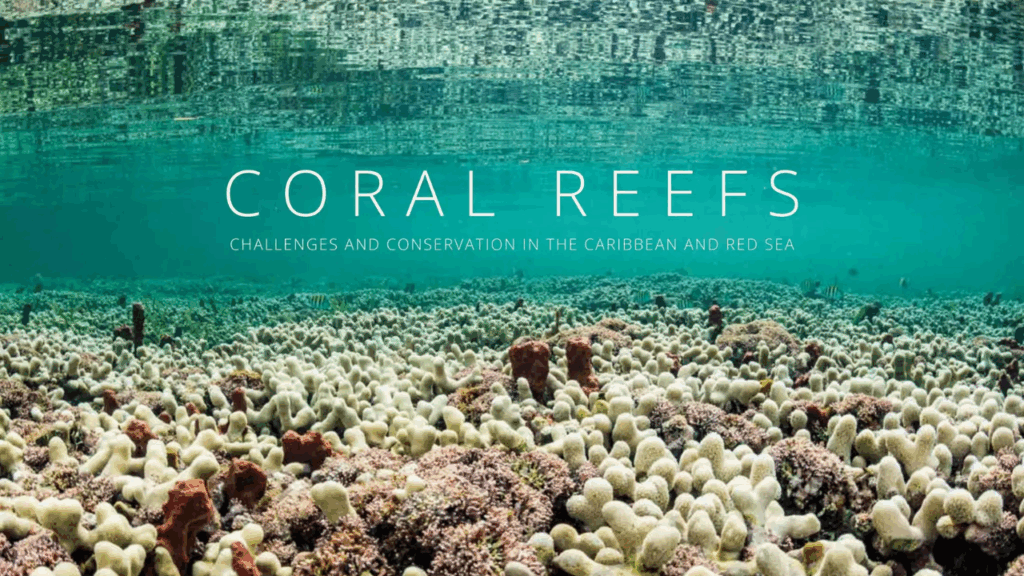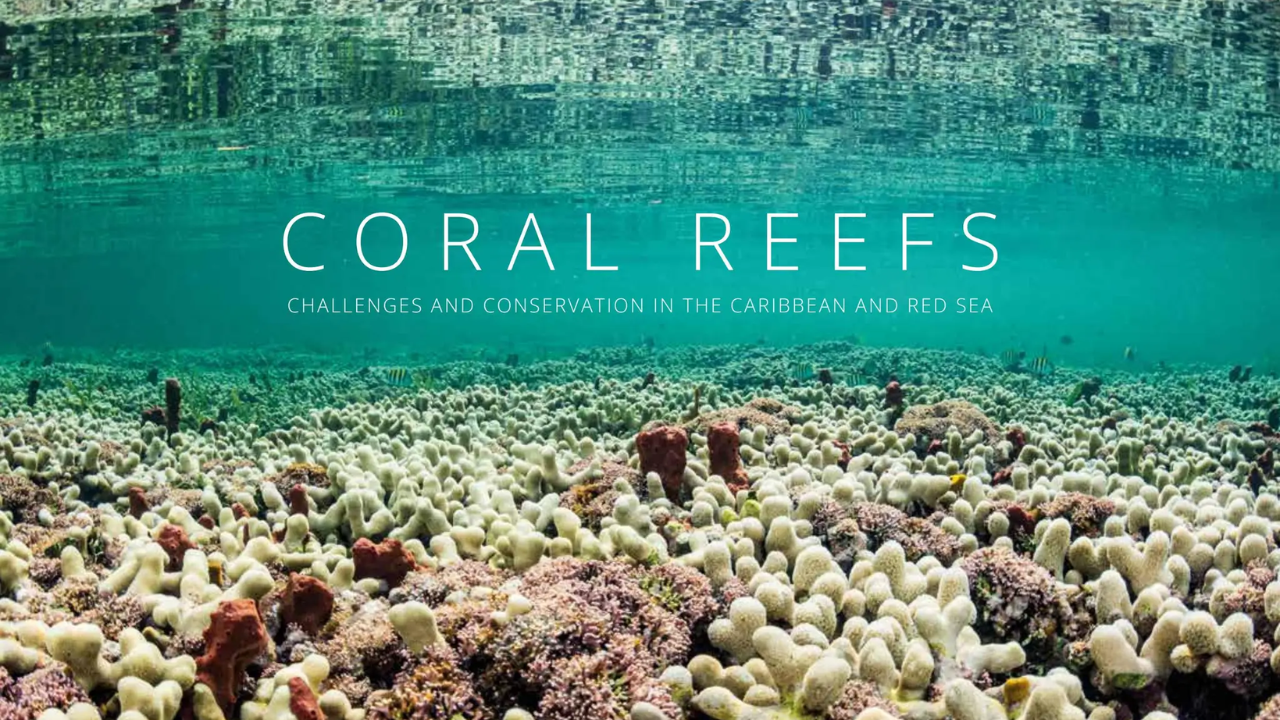
Coral reefs are often described as the rainforests of the sea, hosting a staggering diversity of marine life and supporting the livelihoods of millions worldwide. But these vibrant ecosystems are in danger, and one of the most overlooked threats is poor water quality. While climate change and ocean acidification often dominate the conversation, polluted and poorly managed water systems directly weaken coral reefs and their ability to survive.
This article explores how coral reefs depend on clean water conservation, why maintaining water quality is crucial for their survival, and what strategies can protect these fragile ecosystems.
The Connection Between Coral Reefs and Clean Water
Coral reefs thrive only in clear, nutrient-balanced waters. When the surrounding water is polluted with sediments, agricultural runoff, sewage, or plastics, corals are smothered, their growth slows, and diseases spread faster. Clean water conservation ensures that corals get the sunlight and oxygen they need to thrive while keeping harmful pollutants away.
Some key factors include:
- Sediment control – Excess soil from deforestation and construction clouds reef waters.
- Nutrient management – Fertilizer runoff leads to algal blooms that outcompete corals.
- Wastewater treatment – Prevents bacteria and chemicals from damaging coral health.
- Plastic reduction – Keeps microplastics from entering reef ecosystems.
Why Clean Water Matters for Coral Reefs
1. Sunlight Penetration
Corals depend on symbiotic algae (zooxanthellae) for food through photosynthesis. Clear, clean water ensures enough sunlight reaches coral colonies.
2. Reduced Algal Overgrowth
Polluted water leads to excessive algae, which smothers coral reefs and blocks oxygen flow.
3. Disease Prevention
Dirty water carries pathogens and toxins that stress corals, making them more vulnerable to bleaching and disease.
4. Biodiversity Support
Healthy reefs provide habitats for fish, turtles, crustaceans, and thousands of other species—all of which depend on water clarity and balance.
5. Economic and Social Benefits
Clean water helps coral reefs thrive, supporting fisheries, tourism, and coastal protection, which are vital for millions of people.
Global Threats to Coral Reefs from Polluted Waters
- Agricultural Runoff – Fertilizers, pesticides, and livestock waste enter rivers and flow into coral ecosystems.
- Urban Wastewater – Untreated sewage adds harmful bacteria and chemicals.
- Plastic Pollution – Plastics block sunlight, introduce toxins, and entangle marine species.
- Deforestation and Mining – Soil erosion increases sediment levels in coastal waters.
- Oil and Industrial Discharge – Chemicals and heavy metals poison coral systems.
Conservation Strategies That Protect Coral Reefs
- Sustainable Agriculture
Encouraging organic farming, reducing fertilizer use, and creating vegetative buffer zones minimize runoff. - Improved Wastewater Treatment
Upgrading sewage systems prevents nutrient overload and contamination in reef waters. - Mangrove and Wetland Restoration
These natural filters trap sediments and absorb pollutants before they reach coral ecosystems. - Plastic Reduction Policies
Bans on single-use plastics and recycling initiatives reduce marine debris near reefs. - Community and Tourism Management
Eco-tourism practices ensure tourists do not pollute reef areas, while communities are educated about conservation.
Table: Impacts of Water Pollution on Coral Reefs
| Pollution Source | Impact on Coral Reefs | Consequence |
|---|---|---|
| Agricultural runoff | Algal blooms | Corals starved of oxygen & light |
| Sewage and wastewater | Pathogen growth | Coral disease and bleaching |
| Sediment from deforestation | Blocks sunlight | Slows coral growth, smothers organisms |
| Plastics | Physical damage, toxins | Coral ingestion and death |
| Industrial discharge | Heavy metals & oil pollution | Coral poisoning and reef collapse |
Broader Benefits of Clean Water Conservation
Protecting coral reefs through clean water conservation goes beyond marine life—it directly impacts people and economies. Reefs buffer shorelines from storms, provide food security through fisheries, and support tourism industries. Every effort to keep water clean safeguards both ecological balance and human livelihoods.
Overview Table
| Clean Water Action | Benefit to Coral Reefs | Wider Impact |
|---|---|---|
| Reduce fertilizer runoff | Prevents algal blooms | Healthier marine ecosystems |
| Upgrade wastewater treatment | Reduces pathogens & toxins | Safer water for communities |
| Protect mangroves & wetlands | Natural filtration of pollutants | Flood and erosion control |
| Cut plastic use | Prevents reef suffocation | Less marine debris |
| Enforce industrial regulation | Stops chemical discharge | Protects biodiversity and food chains |
| Promote eco-tourism | Reduces direct reef damage | Boosts sustainable economies |
Final Thoughts
Coral reefs are on the frontline of environmental change. While global warming poses a massive threat, the often-neglected factor of local water quality could determine whether reefs survive or vanish. Clean water conservation isn’t just about saving corals—it’s about protecting biodiversity, economies, and human communities.
By rethinking how we manage agriculture, wastewater, and plastics, we can give reefs a fighting chance. Clean water is the foundation of coral health—and the future of our oceans depends on it.
FAQs
Q1: How does poor water quality affect coral reefs?
It blocks sunlight, spreads diseases, and promotes algal overgrowth that suffocates corals.
Q2: Can local clean water actions really save coral reefs?
Yes, reducing pollution and runoff gives reefs resilience against climate change impacts.
Q3: What role do wetlands and mangroves play in reef conservation?
They act as natural filters, trapping pollutants and protecting coral ecosystems downstream.

